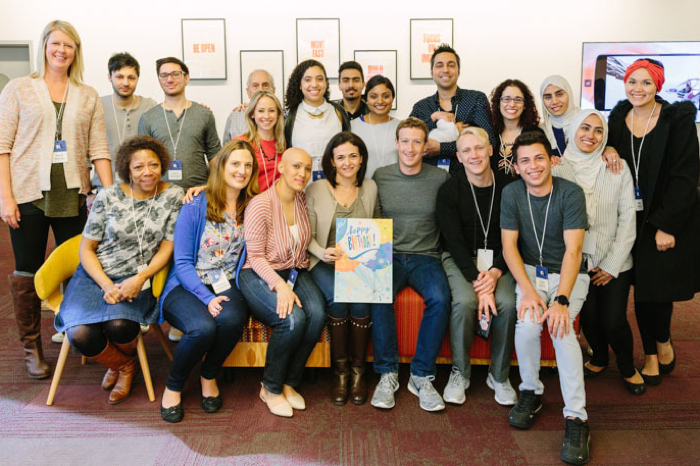
According to the Facebook founder and CEO, the platform’s user base will skyrocket to include an additional 3.5 billion people over the next 14 years. By Zuckerberg’s calculations, Facebook will have 5 billion users by 2030. He made the comments earlier this week at the company’s headquarters in Menlo Park, California.
“We want to finish connecting everyone, we’re going to do it in partnership with governments and different companies all over the world,” Zuckerberg said in his first public appearance since returning from paternity leave following the birth of his daughter, Max.

He was, of course, referring to Free Basics, his company’s free Internet initiative. Not everyone, however, will be pleased by Zuckerberg’s statement. Free Basics is already facing its fair share of obstacles in countries it aims to “connect,” including India (where it is currently blocked) and Egypt. Not to mention the criticism it has received from net neutrality advocates at home and abroad. Nonetheless, Free Basics is currently available in 25 countries across three continents.
Zuckerberg also spoke of the Aquila drone Facebook is utilising to achieve its ambitions, stating: “It’s solar-powered, and it’ll just fly around a city and beam down Internet access. It’s, like, pretty crazy, right?”
Facebook is acutely measuring its impact on connectivity, reports USA Today. Its latest results reveal that the degrees of separation between each user shrunk from 3.74 in 2011 to 3.57 degrees at present — during the same period its user base doubled and now stands at 1.5 billion.
Zuckerberg was reportedly in a reflective mood throughout the proceedings. The 31-year-old billionaire (now the sixth richest person in the world) reacted with surprise at the success of his burgeoning empire.
“We thought, OK, one day someone will build this sort of thing for the world, but it’s not going to be us,” he said. “There’s Google and Microsoft, with thousands of engineers who have more experience than us and all these resources, so someone is going to build it. But when I reflect on it, I think we cared more, even if we didn’t realize we cared more. We felt that everyone must realize this was a valuable thing that should get built.”


